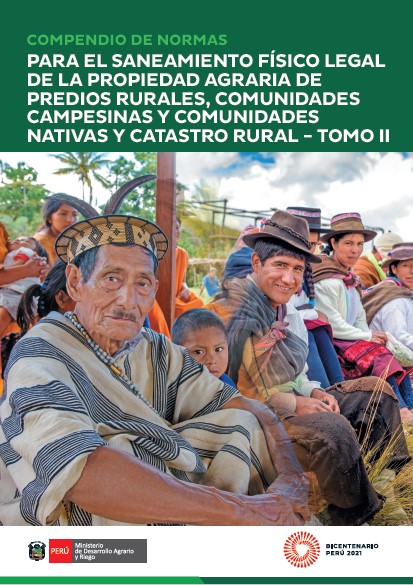Impact of Urban Heat Island on Formation of Precipitation in Indian Western Coastal Cities
Rapid urbanization is leading to a drastic hike in anthropogenic activities and urban surface alterations As a result there are many repercussions one of them being higher temperatures in urban areas when compared to rural areas This phenomenon is termed Urban Heat Island UHI The impacts of urban surface characteristics climate and population density on UHI have been extensively studied However







